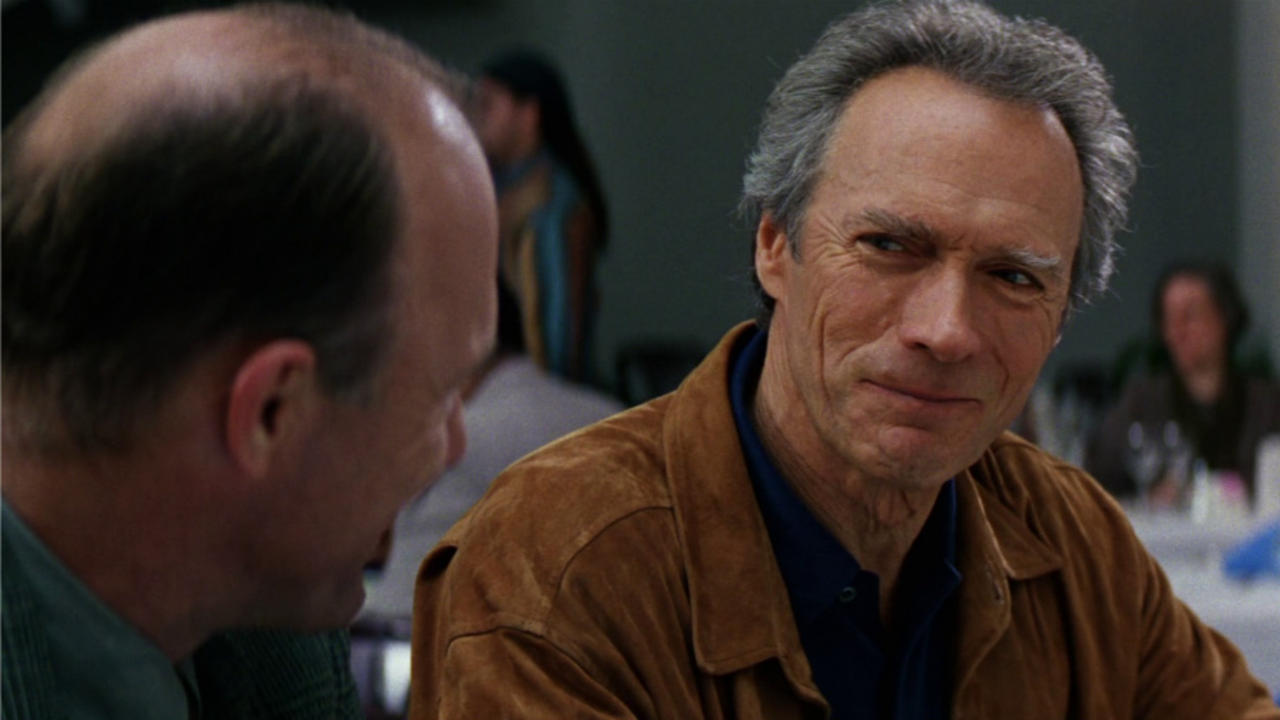
Aren’t thrillers just the best? Who doesn’t enjoy kicking back with something that raises the adrenaline just enough – to the point that you feel the distinct rushing buzz but never actually have to face any real danger other than the potential of watching something terrible? That’s right, no-one. So, let’s cut out the danger of seeing something we’d rather not by listing some terrific examples of great thrillers that time unfortunately forgot (somewhat)…
1. Miracle Mile (Steve De Jarnatt, 1988)
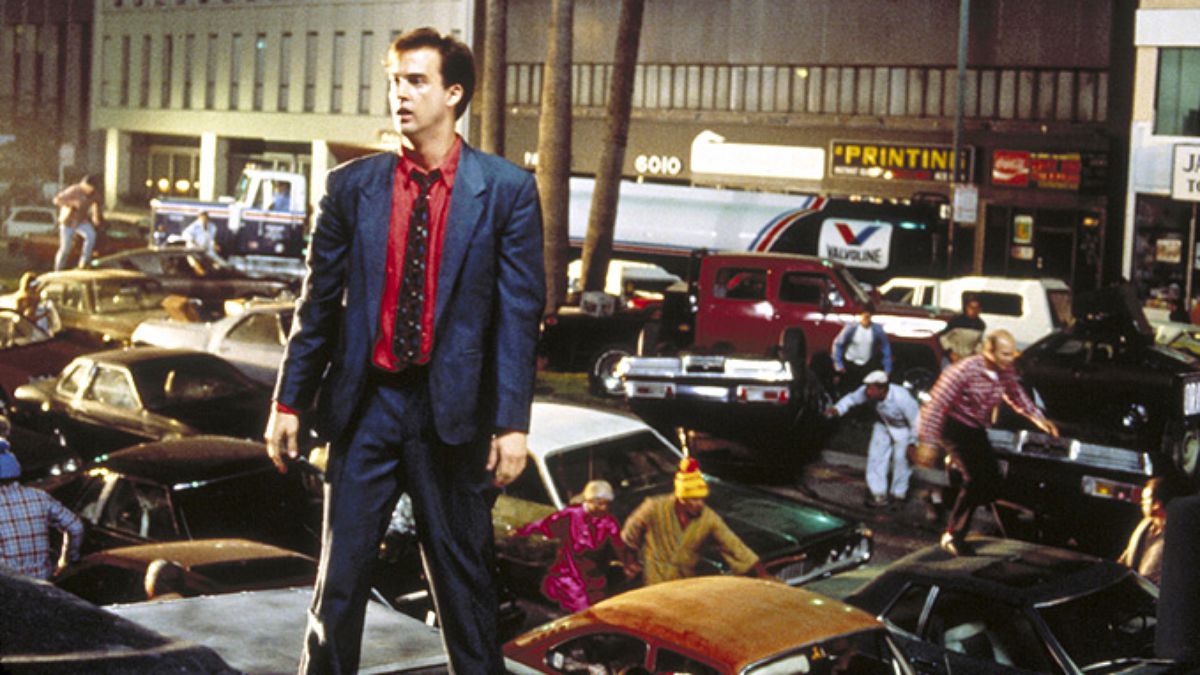
So, let’s start strong with Steve De Jarnatt’s wonderful cult classic Miracle Mile, a film that shows the everyman perspective during a hectic race-against-time in the midst of potential nuclear warfare. With a brilliant performance from Anthony Edwards as a man just trying to go on a date with the love of his life only to find out that the third World War has begun and that nuclear missiles are supposedly due in only 70 minutes, the film somehow manages to pull off the audacious wizardry of acting as a (very good) romance comedy at the same time as also functioning beautifully as a borderline horror film about the impending threat of nuclear warfare in America.
Managing to hold onto its impressive breakneck pacing through the majority of its runtime, Miracle Mile is one of the greatest examples of a thriller that manages to genuinely continue to raise its stakes by introducing wonderful new characters throughout and throwing in intricate obstacles for the characters to overcome.
2. Devil in a Blue Dress (Carl Franklin, 1995)
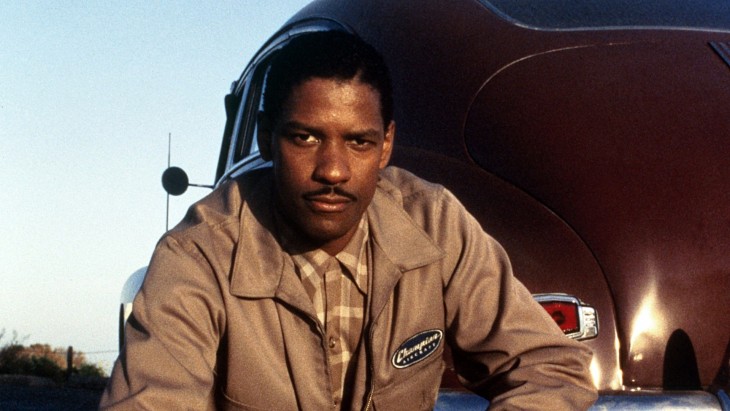
Starring Denzel Washington alongside Don Cheadle (in one of his most brilliantly funny roles to date – he may not be in it too much, but he steals every scene that he offers his presence!) in a throwback film noir that brings the genre well and truly up to date with its focus on racial oppression in noir-era America and gender roles that caused trouble at the same time, Carl Franklin’s unfairly overlooked Devil In A Blue Dress proves itself to be one of the classic crime thrillers that never really got the recognition that it deserved (or deserves…).
With Denzel bringing the typical down-on-his-luck, unemployed and slightly unclean but still undeniably suave everyman who prowls around smoke-filled jazz clubs in search of a woman and a drink to life in a way that few others seem able, and a slick mystery plot that seems to twist itself out of the grip of the audience with majorly impressive ease, it’s hard not to find something to admire in Devil in a Blue Dress, and the political themes on the side paired with the final gut-busting twist are just cherries on the already impeccable cake. At least Kanye West is a fan…
3. Spies (Fritz Lang, 1928)
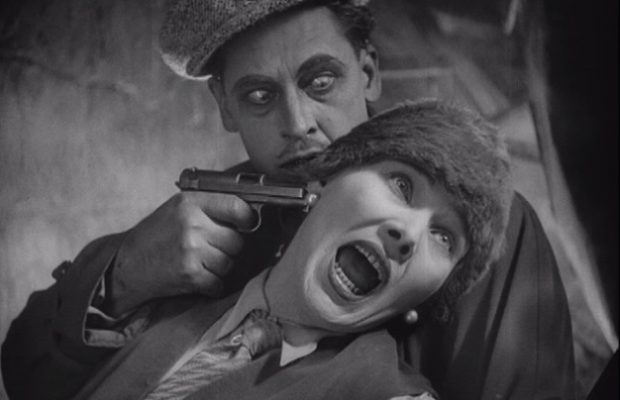
Going back even further in time from the drunken haze post-war 1940s to the 1920s for a moment, Fritz Lang’s Spies has to be mentioned! Whilst it is definitely hard to make the case for this film as the best Lang film (Die Nibelungen, for one, is just too good), it’s definitely not difficult to look at Spies and admire it as one of the single most thrilling of all silent films.
With such dynamic cinematography, such a riveting and epic plot and a surprisingly very fast pace to boot, Spies is a fantastic silent film to use as an introduction to silent cinema, and also serves as one of the real classics of the dawn of the spy-thriller genre. Whilst it has admittedly lost some of its effect in retrospect, as can be expected from most any film that is almost a hundred years old, Spies is still incredibly taut and serves as quite the masterclass in shot composition and framing (as most of the silent greats do, honestly), and a film that definitely should be seen by any film fan looking to get into more silent cinema!
4. The Headless Woman (Lucrecia Martel, 2008)
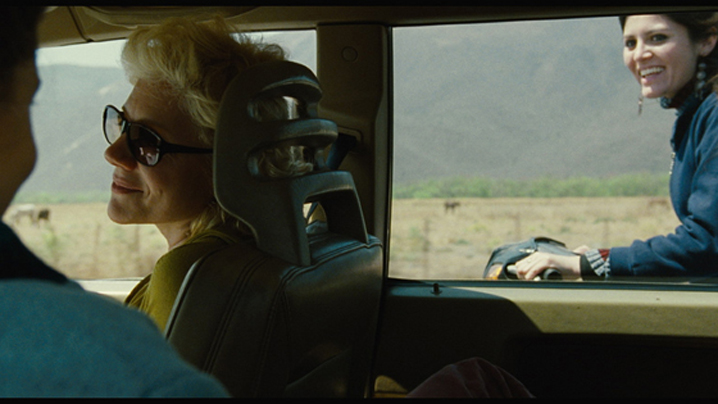
Lucrecia Martel, perhaps best known for Zama, her most recent cinematic outing, never seems to get enough recognition or respect considering her consistently brilliant catalogue of films, from the gorgeous and bleakly funny La Cienaga (2001) to this very film, The Headless Woman. The Headless Woman focuses in on a woman who gets in a car accident, but soon finds herself unsure if she may have hit someone in said accident, and thus endures all of the paranoia and guilt that would come with killing someone whilst never really knowing if she has done the deed or not.
Largely thanks to one hell of a performance from Maria Onetto, who really carries much of the film on her back along with cinematographer Barbara Alvarez, The Headless Woman is a deeply unsettling film focused on how our consciousness can play with us like puppets, whilst also functioning as an equally stirring and rather subtle look at contemporary Argentinian politics.
5. Red Road (Andrea Arnold, 2006)
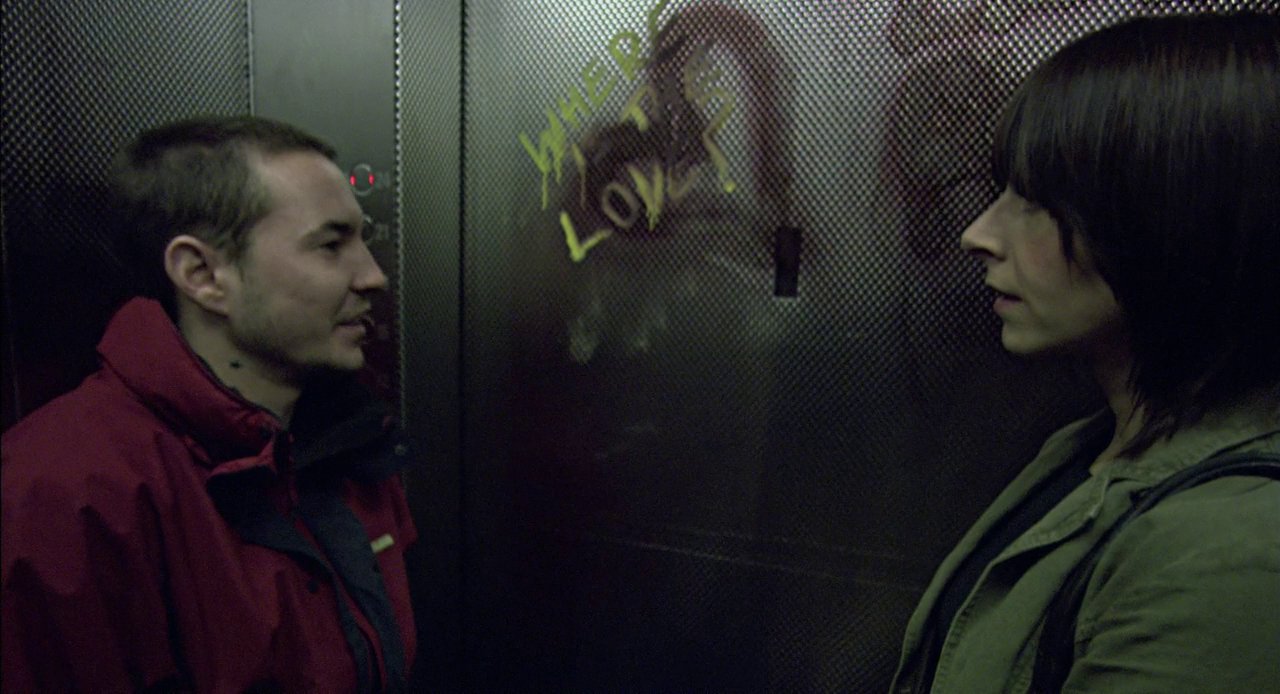
Andrea Arnold is undoubtedly more well known for her later works such as Fish Tank (a personal favourite) and American Honey, however, this definitely doesn’t mean that her earlier work deserves to be ignored, as her debut feature Red Road may just be the best film she’s directed to date. The plot of the film focuses on Jackie, a woman who works a video surveillance job, controlling CCTV cameras. All seems to be going okay until one day, she happens to spot someone who she was hoping never to see again, and finds herself compelled to confront this man about their connected past.
The film remains as enigmatic as its plot synopsis sounds for the majority of its runtime, so those of you thinking that it sounds a little wearing may want to skip this one, however, for those of you still intrigued enough to think about seeing the film, make sure you do! There is something severely chilling about this creeping, slow-burning observational thriller that only ever allows you to known just enough to keep up with the plot as it continues to unravel.
Arnold’s restriction over the audience and over the story is almost unmatched, bringing to mind the likes of films such as Hitchcock’s Vertigo or Rear Window in its subtle ways of framing perspective and making it play as Free Cinema instead. It’s a seriously great film, one with a jaw-dropper of a finale that makes the slow-burn all the more worthwhile in retrospect, and one of the best British thrillers the 21st century so far.